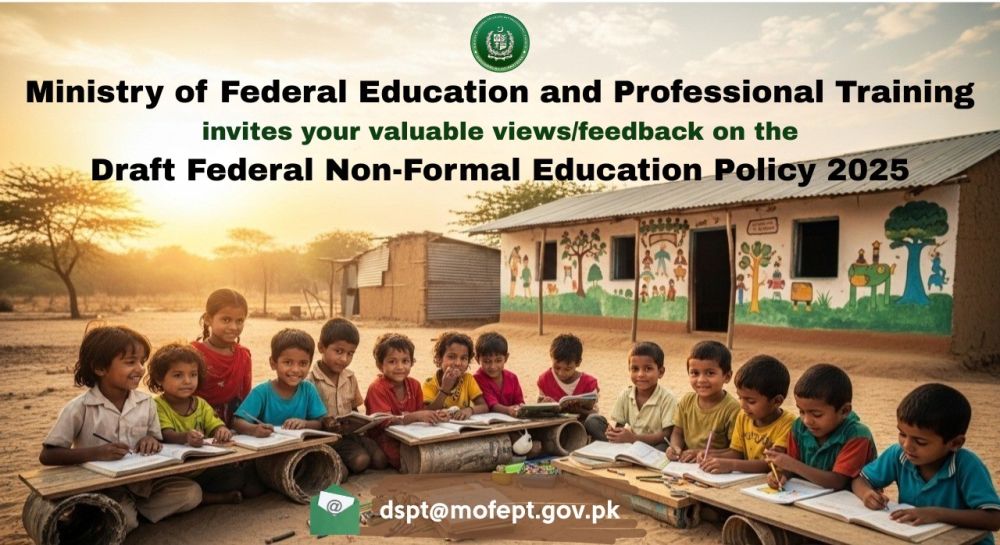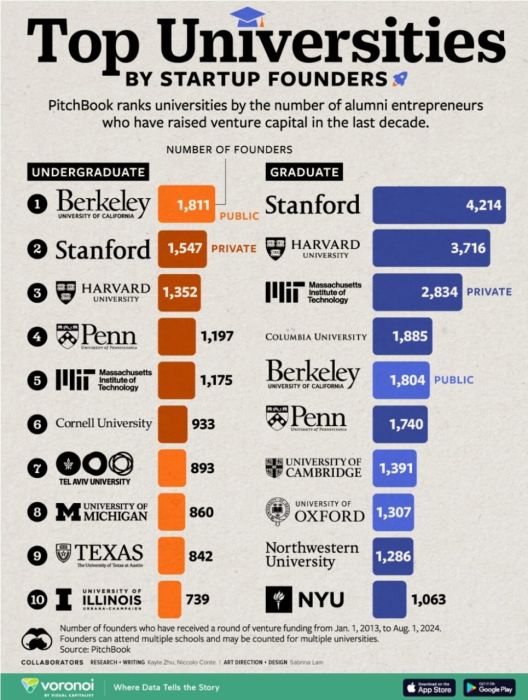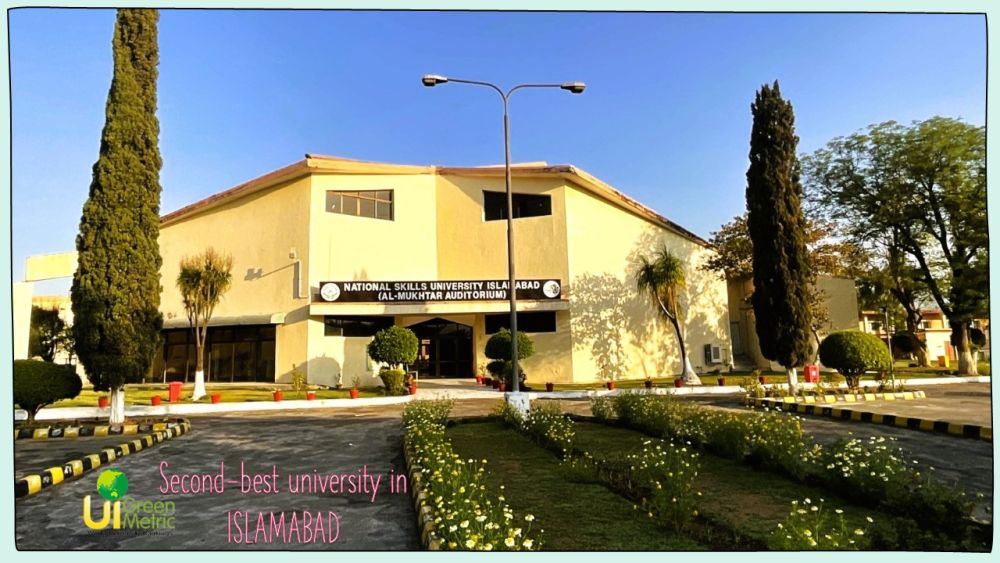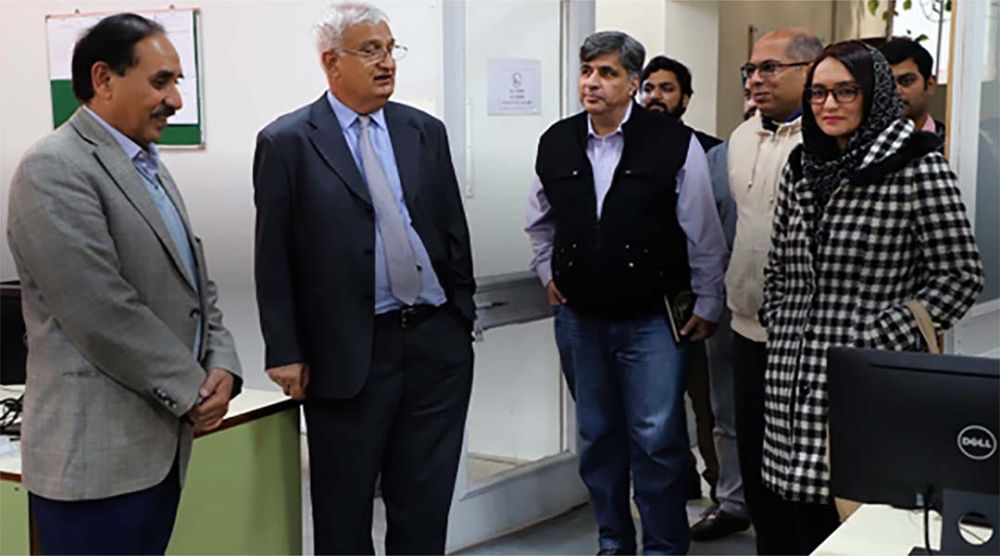159/25 HunarNama Editor in Chief Reflections from Personal Experience of Non-Formal Education
Posted 6 months ago
As a beneficiary of early, informal, and community-driven education during a time when Pakistan lacked organized non-formal learning structures, I can attest to the immense potential of Non-Formal Education (NFE). My experience of NFE, though unstructured, laid the foundation for a life in higher education, research, and leadership. Today, as a university leader, I see a bright future where the untapped potential of NFE, when systematized, digitized, and aligned with economic development, can bring about a transformative change in our education system.
Strategic Recommendations to Strengthen the NFE Policy 2025
1. Position Digital Literacy as a Core Foundational Skill:
A Necessity in the Digital Era. "In a world increasingly shaped by digital technologies, basic digital competencies must be as fundamental as reading and numeracy."
- Integrate digital literacy into all Accelerated Learning Programs (ALP) and adult literacy models, not as an add-on but a core component, similar to Rwanda's integration of ICT in basic education. Kindly see the article available online [DOI:10.51867/ajernet.6.1.21]
- Ensure equitable access to digital tools and facilities, particularly in underserved areas.
- Partner with global and national platforms or initiate new efforts to localize digital skilling content for youth in Southern Punjab, Interior Sindh, FATA, and Balochistan.
2. Create Early-Stage Skilling Pipelines for Marginalized Youth
"Let us not wait until 18 to prepare a young person for the economy, let us start at 12."
- ALPs should embed micro-credentials in trades such as solar panel installation, digital freelancing, livestock management, and mobile repair.
- India's PMKVY scheme and Ghana's Non-Formal Education Division (NFED), which pairs foundational literacy with practical employment skills. NAVTTC could be a great to follow in such efforts.
3. Ensure Community-Driven Delivery in Vulnerable Regions
"Change is most effective when led by those it aims to benefit."
- In Southern Punjab, utilize mosque libraries and vacant government buildings as learning spaces.
- In Interior Sindh and Balochistan, local female educators and elders are employed under the Each-One-Teach-One model to promote culturally acceptable learning.
- Based on models, mobile classrooms and solar-powered digital hubs must be adopted in FATA.
4. Create a Federal NFE Skills Accelerator Fund
"A targeted fund can catalyze innovation and incentivize quality."
- Dedicate a significant proportion of the national education budget to this fund as recommended in the policy, with separate windows for:
- Women & Girls' Empowerment through NFE
- Tech-Integrated Learning Models
- Public-Private Partnership Grants
5. Embed Accountability and Quality Assurance from the Start
"What gets measured gets improved."
- Establish an independent NFE Quality Council to assess materials, instructors, and impact.
- Regularly publish district-level NFE dashboards, as done in Kenya's NFE data portal.
- Mandate that 10% of all NFE project budgets go to third-party impact evaluations and research in collaboration with universities.
6. Promote a Gender-Lens and Inclusion Mindset
"An inclusive policy is not one-size-fits-all, but every-size-fits-one."
- Provide female-only safe learning spaces and transportation support in high-risk areas like parts of FATA and rural Balochistan.
- Adapt ALPs for learners with disabilities through sign-language modules, screen readers, and inclusive content design.
- Incentivize local female NFE facilitators through scholarship and microfinance opportunities to become community champions.
7. Introduce Greening Skills Across All Learning Tracks
"The future belongs to those who can build sustainably and live responsibly."
- Include "Green Modules":
- Sustainable agriculture, climate-smart livestock rearing
- Solar installation and maintenance
- Waste management and recycling
- Water conservation and afforestation techniques
- Use examples from Morocco's Green Jobs Programme and TVET Green Curricula in ASEAN to guide curriculum development.
- Encourage community-based greening projects in NFE centers, such as kitchen gardens, tree plantations, and water harvesting.
- Promote eco-literacy through age-appropriate content on climate change, environmental ethics, and disaster preparedness, especially in flood-prone zones of Sindh and Balochistan.
The Draft Federal NFE Policy 2025 is a progressive and courageous document. With the right mix of digital foresight, inclusive design, localized delivery, and global best practices, it can transform Pakistan's 25 million OOSC into 25 million economic contributors.
Let this policy close a gap and open a gateway to dignity, productivity, and national progress.





